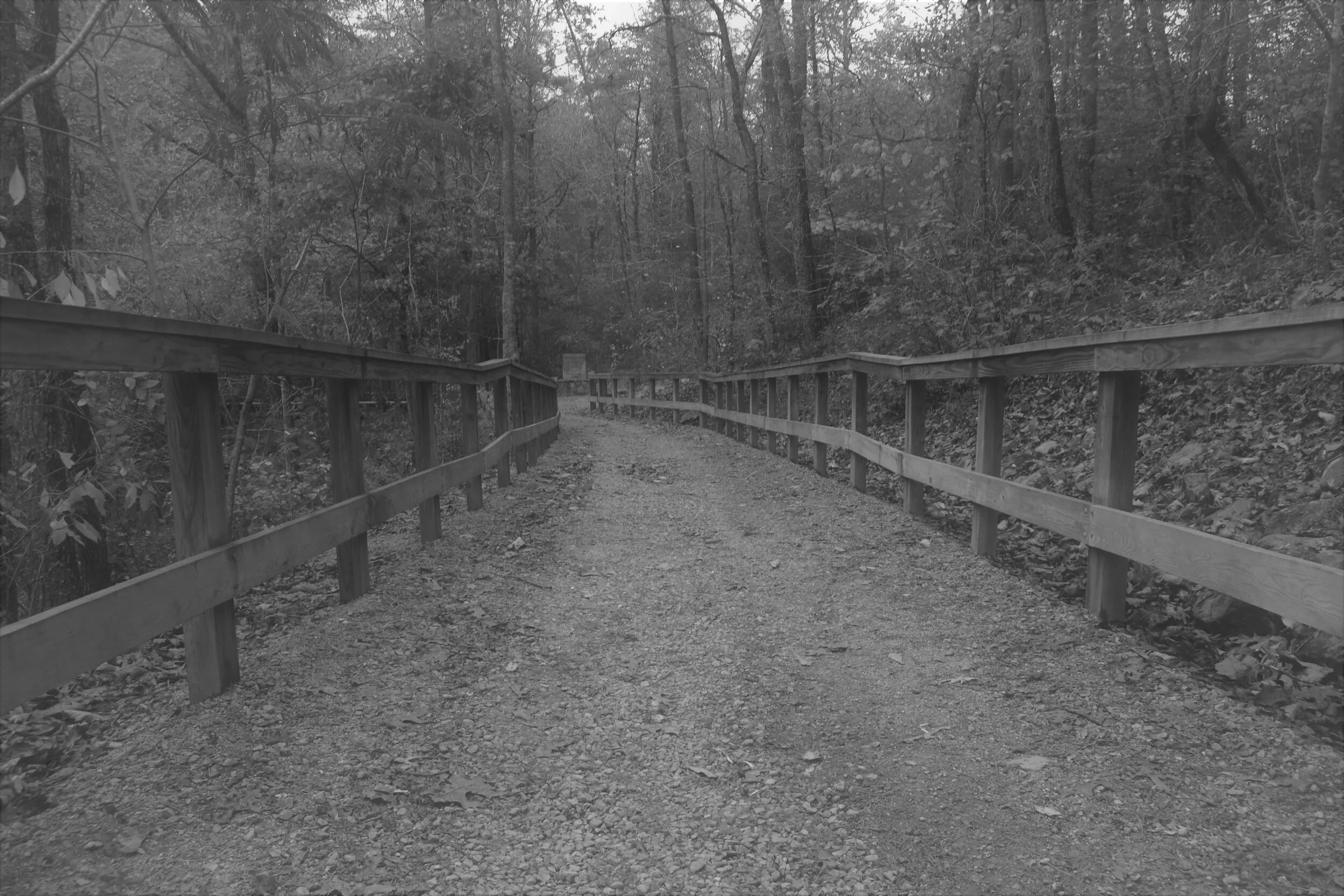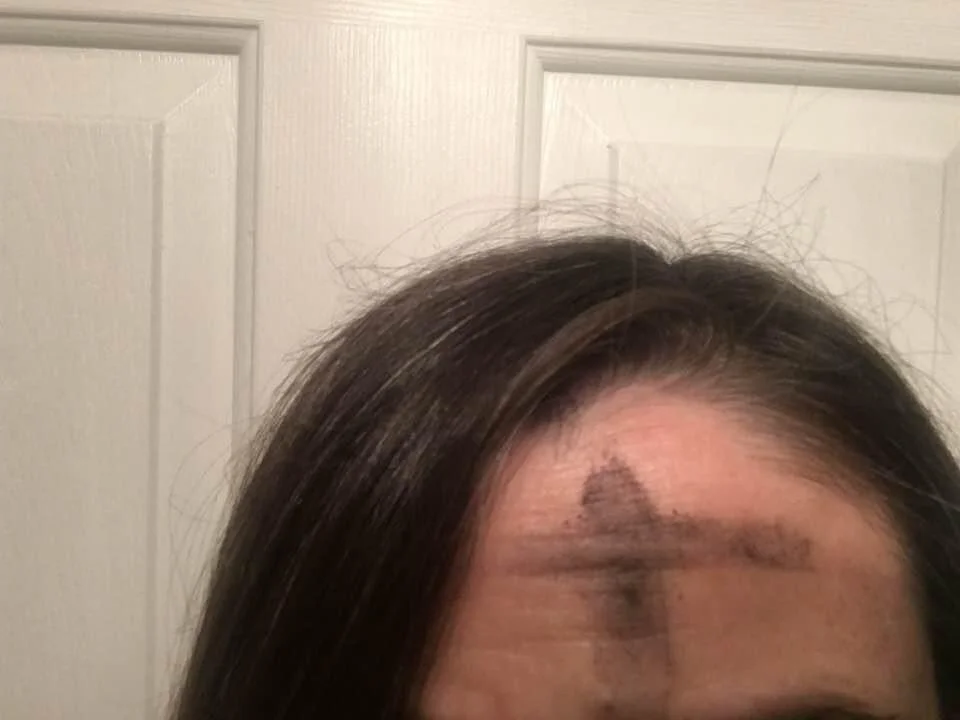Ash Wednesday
Today is Ash Wednesday. What is Ash Wednesday anyway? It is not a day I grew up observing in my faith tradition. In fact, the entire season we are heading into can be a bit confusing if you aren’t familiar with it, so let me share my journey in understanding this part of the church calendar.
I knew of people who would “give something up” for Lent. I was familiar with Pancake Tuesday or Shrove Tuesday, which I thought was a British tradition, because I am a self proclaimed Anglophile. I used to love seeing the cool pancake art people would post on social media shaped like the Tardis - Doctor Who is another British tradition I am obsessed with. (And yes, pancake art is a thing - you should definitely look it up.) I was also familiar with Mardi Gras, or Fat Tuesday. People celebrate Mardi Gras and Pancake Tuesday as a way to feast (and use up certain ingredients in their home) before the season of Lent (and fasting) began.
Lent is the 6 weeks (40 days not including Sundays) leading up to Easter. It is a time where we remember the sacrifice and fasting of Jesus and choose to walk alongside him in his humanness as he moved toward the cross and Easter.
So, as you might guess, for much of my life, I knew just enough about all of these terms to be dangerous. Enough to sound holy and knowledgeable while completely missing the point.
The thing is, I believe there is something really important for us in Ash Wednesday, and in Lent, if we will only take a closer look. On the surface, today is a day where some Christ followers go to church for a solemn service to have a cross of ashes drawn on our foreheads or on the back of our hand. But is it just another solemn service? I heard Kate Bowler, a professor at Duke, say, “Lent is the perfect time to tell the truth about the way things really are.” So let’s talk about some truth.
On Ash Wednesday, when we receive the imposition of ashes (this is the language churches use to describe the marking with ashes,) the clergy says some variation of this phrase to each person: “From dust you came and to dust you shall return.”
Right off the bat, we see that this is a really uncomfortable fact - we come from the earth and we return to the earth. It is a statement of the fleeting and fragile nature of human life. Rationally we know death is a reality, but we rarely take time to ponder it.
We humans cling to life. It is not our natural inclination to dwell on death. We would rather celebrate the birth, the fresh beginning of new life.
But the truth we all have in common is that we will all eventually die, and we will all eventually lose someone we love. Grief is a part of the human experience.
That is what makes Ash Wednesday so difficult and unnerving.
It is the same when we see suffering. When we are confronted with someone in the messy middle of grief and loss, we want to say things like,
God needed another angel.
This must be God’s will.
It is time to move on and find your new normal.
We are so uncomfortable with grief that we try to make the grieving person feel better, so we can feel better too. But in my darkest moments of grieving, all I want is for someone to sit with me in the silence and remind me that I am not alone. We are made for community and we need each other, especially in the scary parts.
Death, and therefore Ash Wednesday, is frightening and uncomfortable. It is easier to look away and find the quickest path to feel better. But today, let’s be brave together and linger a little longer in this hard place.
The invitation in Ash Wednesday, just like it is in grief, loss, and suffering, is to stop and say, “Me too. Death is scary, but I won’t look away. We are in this together.”

